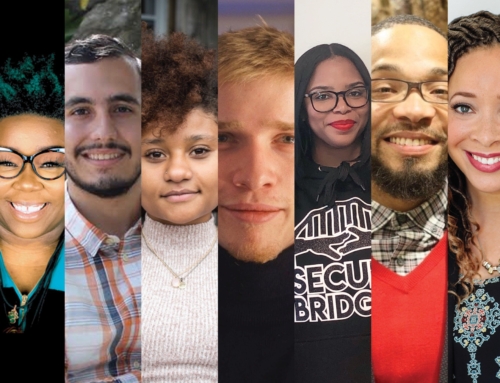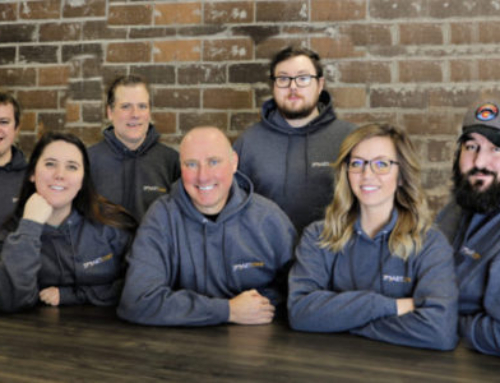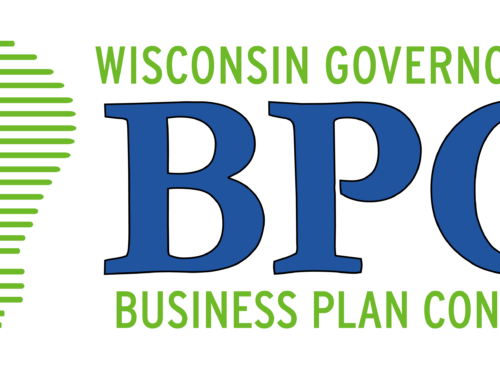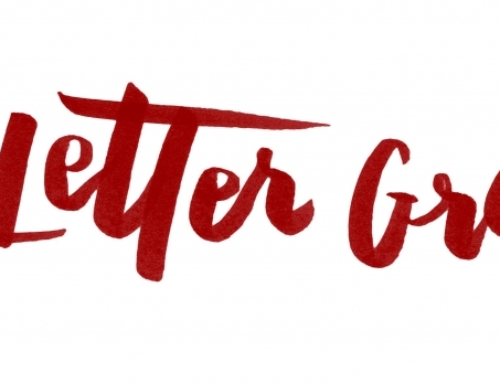Wisconsin’s early-stage health and life science firms and the Center for Technology Commercialization (CTC) have received national attention in recent weeks thanks to the state’s success over the past decade in landing competitive federal grants.
In January, the State Science & Technology Institute (SSTI) released new data recognizing Wisconsin’s success in securing Small Business Innovation Research (SBIR) and Small Business Technology Transfer (STTR) funding. From 2008 to 2017, Wisconsin ranked third after Oregon and Vermont in securing SBIR/STTR funding from the National Institutes of Health (NIH). The 23 percent win rate for applications (248 awards from 1,056 submissions) resulted in $87 million invested in the state’s entrepreneurial efforts. By comparison, the national average is 16.8 percent.
SSTI’s data also ranked Wisconsin second, just behind New Hampshire, for SBIR funding from the National Science Foundation (NSF) during the same period. Wisconsin had a 26.7 percent success rate (compared ot a national average success rate for NSF of 18.8 percent), with 76 of the 285 total Phase I and Phase II proposals getting approved.
“We are fortunate to work with talented inventors and innovators from all over the state who are making a difference in their fields, from biotech to manufacturing to agriculture,” said CTC Associate Director Dave Linz. “The high success rate is evidence that CTC’s portfolio of programming helps clients access the business skills and resources important for funding across all 11 agencies with SBIR/STTR funding.”
NIH and NSF are 2 of 11 federal agencies that distribute SBIR/STTR funding. CTC’s success rate for all agency applications in fiscal years 2014-2017 was 63 percent, bringing $56.3 million into the state. Wisconsin companies that apply for the $2.5 billion in SBIR/STTR grants available each year fare well and are at least twice as likely to secure funding when they take advantage of CTC services. With support from WEDC, CTC offers a number of training programs for potential applicants, including SBIR Ready (a month-long introductory immersion course) and SBIR Advance (a matching grant program that fills critical funding gaps for market research, customer validation, patent validation and business model development).
Applications for the 2019 SBIR Ready cohort are now being accepted and are due in May; learn more on CTC’s website.
“The success rate for the NIH and NSF awards demonstrates not just the level of innovation in Wisconsin, but also the grasp our entrepreneurs have on the important nuances that differentiate successful opportunities from the average,” said Aaron Hagar, vice president of entrepreneurship and innovation at WEDC. “These awards are incredibly competitive, much like the business world, and this is a strong indication that Wisconsin is on the path to more successful tech companies that have what it takes to thrive.”









FOLLOW US